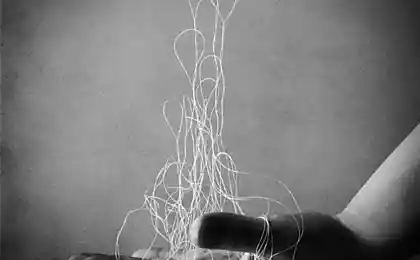189
About depreciation: psychology, ecology of life and the path to maturity

We all know the pain that comes from saying, “You didn’t do anything special.” Depreciation is not just rudeness or underestimation. It is a subtle, sometimes unconscious mechanism of the psyche by which we protect our fragile self. But depreciation is poison. Poison to relationships, development and internal balance.
What is depreciation?
Scientifically speaking, depreciation A psychological defense mechanism in which a person reduces the significance of the achievements, feelings or needs of others (or themselves) in order to maintain or increase their own self-esteem.
Impairment may take the form of:
- sarcasm and indulgence;
- silence of efforts and successes;
- Comparison: “Well, others did better.”
- Self-depreciation: “I am not worthy.”
Why do we devalue?
Depreciation is a way of maintaining a vulnerable positive self-esteem. When someone around us achieves success and we feel “worse,” it’s easier to prick than to recognize someone else’s worth and survive our own insecurity.
Important: Depreciation is neither evil nor vice. It's a signal. Signal that something inside us requires care, recognition, support.
A life story.
Marina, a successful architect, recalls: “When I was doing my diploma, my father said, ‘Well, it’s just a graduate student.’” I didn't sleep for a day. That comment hurt. I realized later that he said that because he wanted to be an architect, but he couldn’t. His words are not about me, but about his pain.
How does depreciation destroy us and relationships?
In the short term, it creates the illusion of control. But over time:
- Confidence in close ties is broken;
- suppressed emotions accumulate;
- An anxious or avoidant attachment pattern is formed.
- Self-esteem remains dependent on external factors.

How do you stop hurting others and yourself?
1. Notice your reactions.
Depreciation is often automatic. A pause is a victory. Ask yourself, “Why did I say that?” or “How do I feel now?”
2. Recognize the value
Learn to say, “This is important,” “You did a great job,” “I’m proud of myself for this step.” True recognition is a powerful transformation.
3. Heal the inner wound.
Depreciation is a symptom. Healing requires dealing with trauma: through psychotherapy, meditation, and bodily practices. Returning to yourself is not weakness, it is courage.

Practical advice
- Keep a journal of recognition – write down 3 of your achievements every night.
- Apply the Reverse Look Technique: How would you rate this action 10 years from now?
- Separate facts from interpretations. "He's silent." "He doesn't appreciate me."
Advice from a psychologist: Replace the phrase “this is nonsense” with “I don’t fully understand this.” This simple change in language changes the perception of reality.
Conclusion
Depreciation is not the enemy. It's a mirror. It shows where we are hurt, where we are vulnerable. Instead of discarding it, we can use it as a path to inner maturity. The true ecology of life is a careful attitude: to oneself, to loved ones, to feelings.
Glossary
- Depreciation A defense mechanism that reduces the importance of actions, feelings, or achievements.
- Self-esteem A subjective assessment of one’s own value based on beliefs and experience.
- Psychological protection Unconscious processes that help to cope with internal conflict or anxiety.
- Avoidant attachment A pattern of behavior in which a person moves away from close relationships for fear of pain.
- Trauma. A strong psycho-emotional experience that leaves a trace in perception and behavior.
- interpretation A subjective explanation of facts or events that does not always coincide with reality.
The art of serenity: why it is important to be able to let go
10 things that make up a happy relationship























